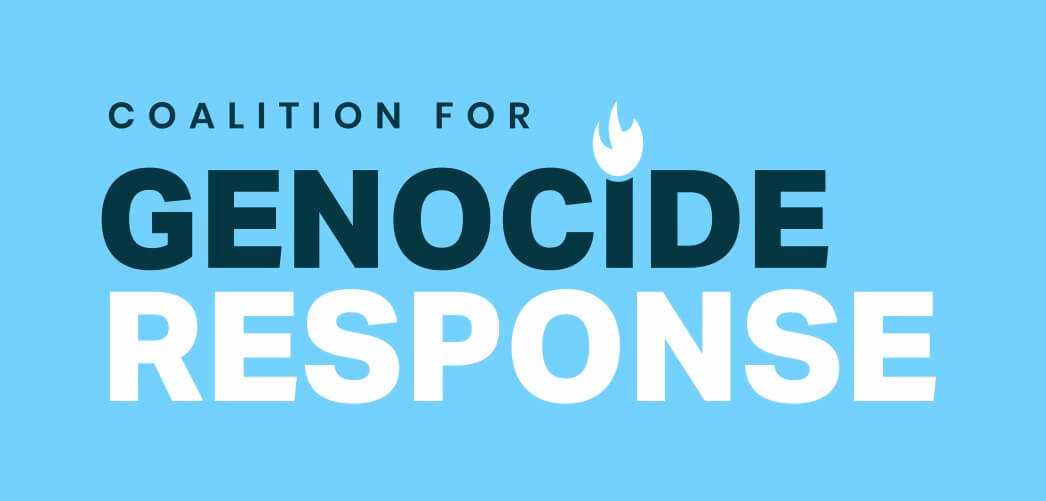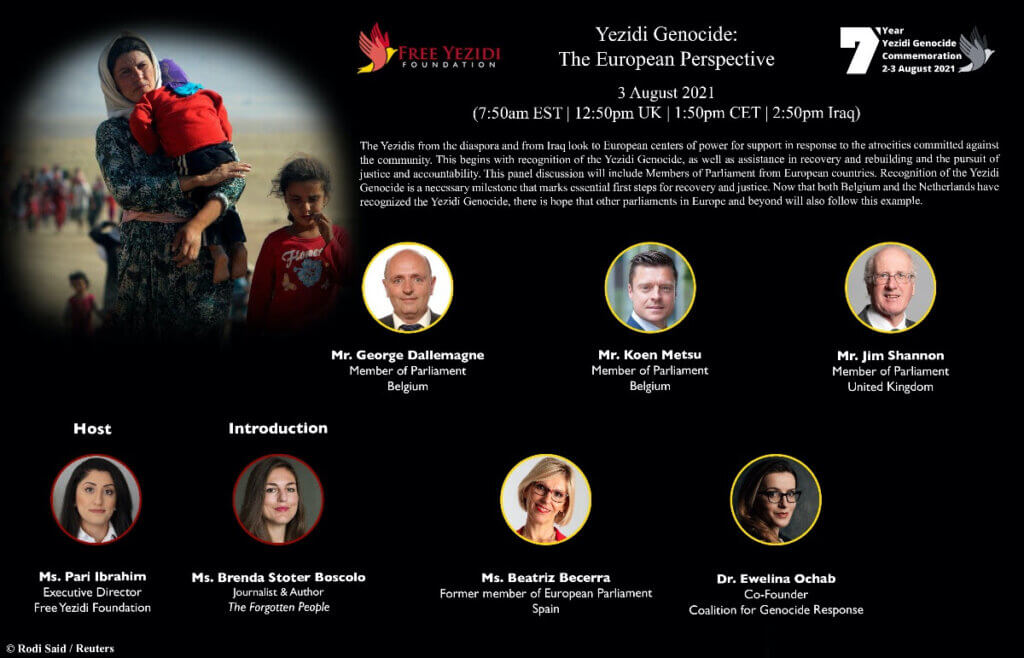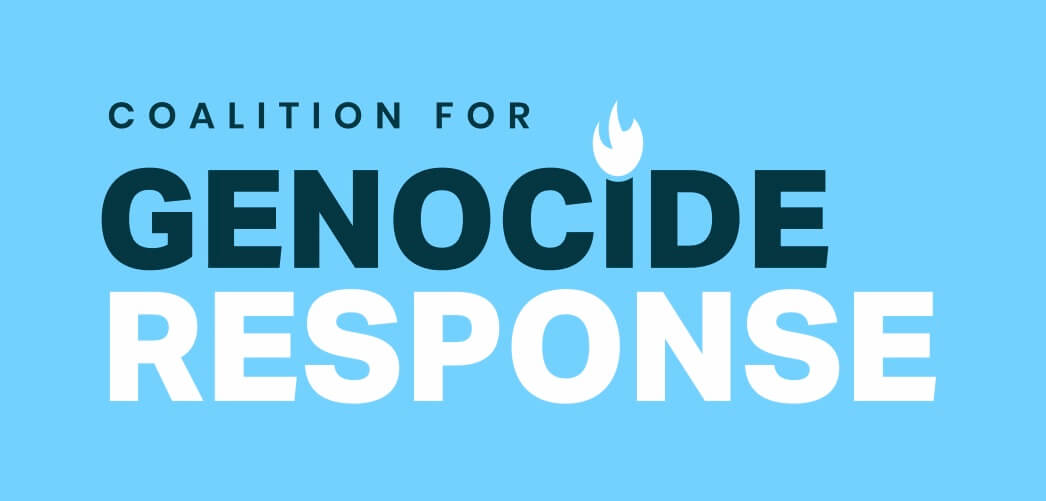Join the new initiative to #BringBackTheYazidis.
Contact us if you wish to sign the below statement.
We, the undersigned individuals and organisations, write respectfully to urge you to take decisive steps to locate the 2,763 Yazidi women and children who have been victims of forced or involuntary disappearances and missing for seven years. There are decisive steps that the international community could, and must, take to aid the discovery and safe return of these persons. We have a moral imperative to offer whatever leadership and support we can to end this horrific situation.
As many governments and international institutions recognised, Daesh’s murderous actions against the Yazidis constituted genocide and crimes against humanity. Their 2014 attacks on Sinjar and the Ninevah Plains forced thousands of people to flee. Thousands more were abducted: boys forced to become child soldiers, and women and children sold into sex slavery. The number of those killed by Daesh is still not known. Mass graves continue to be discovered.
Seven years after the genocide, it is a travesty that the Yazidi women and children remain missing and their fate unknown. If they are alive, they continue to be enslaved and subjected to daily abuse. Despite findings of genocide and repeated pronouncements expressing concern for Yazidis, the international community has failed to organise any effort to locate these kidnapped individuals.
We respectfully ask that you, individually and together, take the initiative to organise a search for the missing Yazidi women and children. We understand many of the missing may have perished, but we have a moral responsibility to find the living and provide closure to the families of those murdered. Therefore, we call upon you to work together with allies to ensure that the missing Yazidi women and children are accounted for, partnering with like minded governments, the United Nations, the Yazidi community as well as NGOs and experts.
While the situation is complex, there are concrete actions that would aid the search and make a substantial difference for those who are still trapped, and their families. Therefore, we call upon you to:
- Work with partners to conduct an official search to identify the whereabouts of the missing women and children, including in the Al-Hol camp in Syria where many are believed to be held;
- Work with local partners to free all Yazidi women and children who are alive and ensure that the remains of those killed are returned to their families and given a dignified and honourable burial.
Now is the time to put action to words. While Yazidis face many challenges, organising a search for kidnapped women and children is tangible, workable, achievable, and long overdue. We call upon you to demonstrate the moral leadership and courage necessary to push global action in the face of genocide.
Should you have any questions, please contact Dr Ewelina U Ochab ([email protected]), Knox Thames ([email protected]), Pari Ibrahim ([email protected]), Abid Shamdeen ([email protected]).
Yours sincerely,
….




